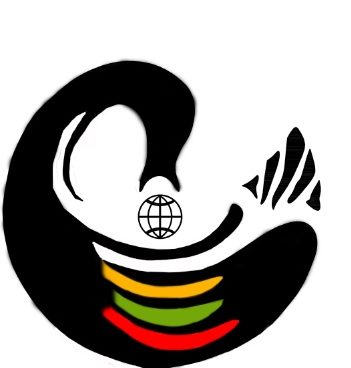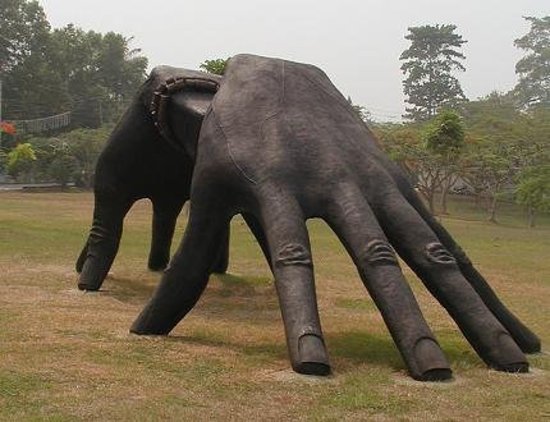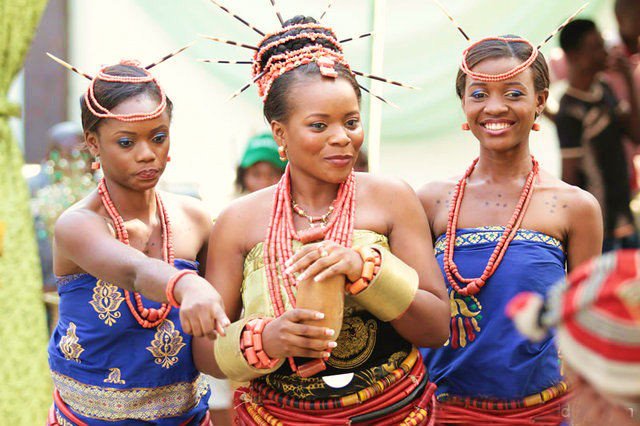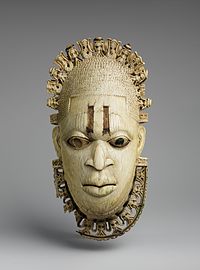Nigeria, is located on the western coast of Africa. Nigeria has a diverse geography, with climates ranging from dry to tropical. However, Nigeria’s most diverse feature is its people. Hundreds of languages are spoken in the country, including Yoruba, Igbo, Fula, Hausa, Edo, Ibibio, Tiv, and English. The country has abundant natural resources such as petroleum and natural gas. The national capital is Abuja, in the Federal Capital Territory, which was created by decree in 1976. Lagos, the former capital, retains its standing as the country’s leading commercial and industrial city. Nigeria is bordered to the north by Niger, to the east by Chad and Cameroon, to the south by the Gulf of Guinea of the Atlantic Ocean, and to the west by Benin. Nigeria is not only large in area—larger than the U.S. state of Texas—but also Africa’s most populated country. There are an estimated 250 ethnic groups in Nigeria. Each inhabits a territory that it considers to be its own by right of first occupancy and inheritance. Individuals who are not members of a dominant group but who have lived and worked for several decades in the territory of the group are still considered to be aliens. There are three major ethnic groups in the country: the Hausa-Fulani, the Yoruba, and the Igbo. Religious freedom is guaranteed by the constitution, and Muslims and Christians live and work together, although there is continuing conflict between the two groups and between them and adherents of traditional religions. The main established Christian groups are Roman Catholics, Methodists, Anglicans, and Baptists. Root crops—notably yams, taro, and cassava—are the main food crops in the south, while grains and legumes—such as sorghum, millet, cowpeas, and corn (maize)—are the staple crops of the drier north. Rice is also an important domestic crop. Trees—notably oil palm, cacao, and rubber trees—are the principal industrial crops of the south, while peanuts (groundnuts) and cotton are produced in the north. Resource extraction is the most important contributor to the economy. The most economically valuable minerals are crude oil, natural gas, coal, and tin.
Things to Do:
Walk the longest canopy walkway at the Lekki Conservation Center
Get educated at the Kalakuta Republic Museum
Take a trip to Epe Mangroves






